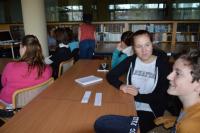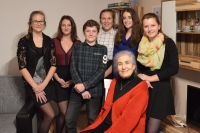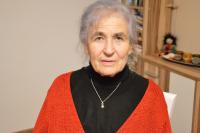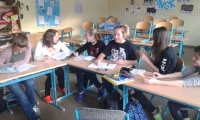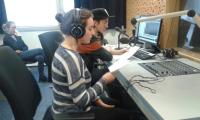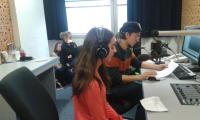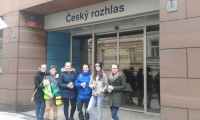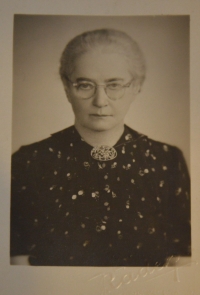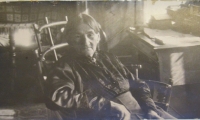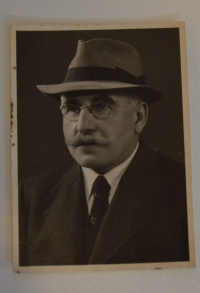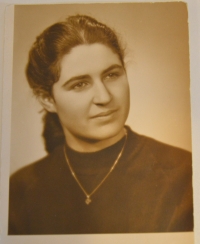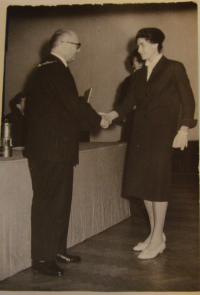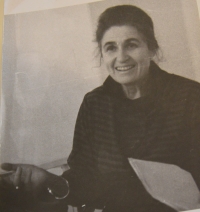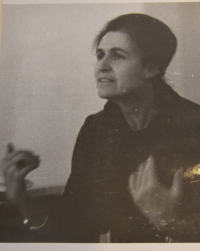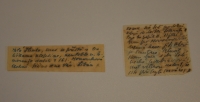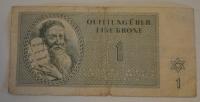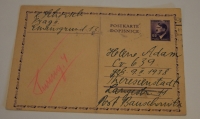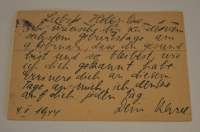The experience of previous generations sets an example, often a forbidding example

Stáhnout obrázek
Helena Glancová was born on 9 February 1938 into a mixed Jewish family in Prague. In 1943 she and her mother were interned in Terezín. They both survived their stay in the ghetto, but most of their relatives died in concentration camps. In May 1945 she and her mother returned to Prague. The witness attended primary and then secondary school. She graduated in theatre directing at the Theatre Faculty of the Academy of Performing Arts in Prague (DAMU). In her last year she undertook an internship in Leningrad (now St Petersburg). After graduating she found a place at the East Bohemian Theatre in Pradubice. From 1964 she assisted Otomar Krejča at the National Theatre in Prague. She helped found Theatre Beyond the Gate in Prague in 1965. The Communist regime dissolved the theatre in 1972. Helena Glancová then worked at Lyra Pragensis, which was under Supraphon, until the Velvet Revolution.
